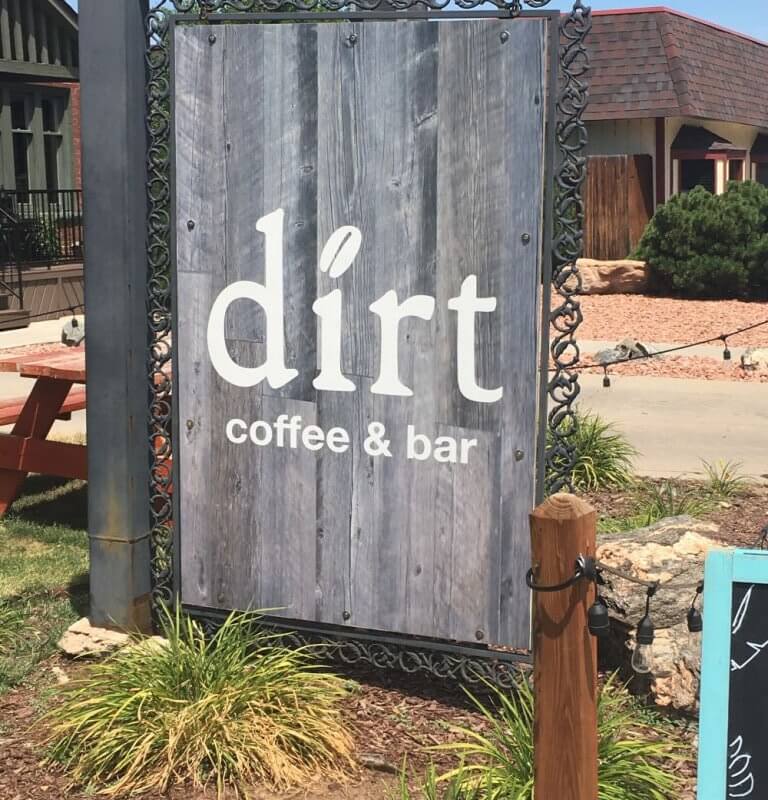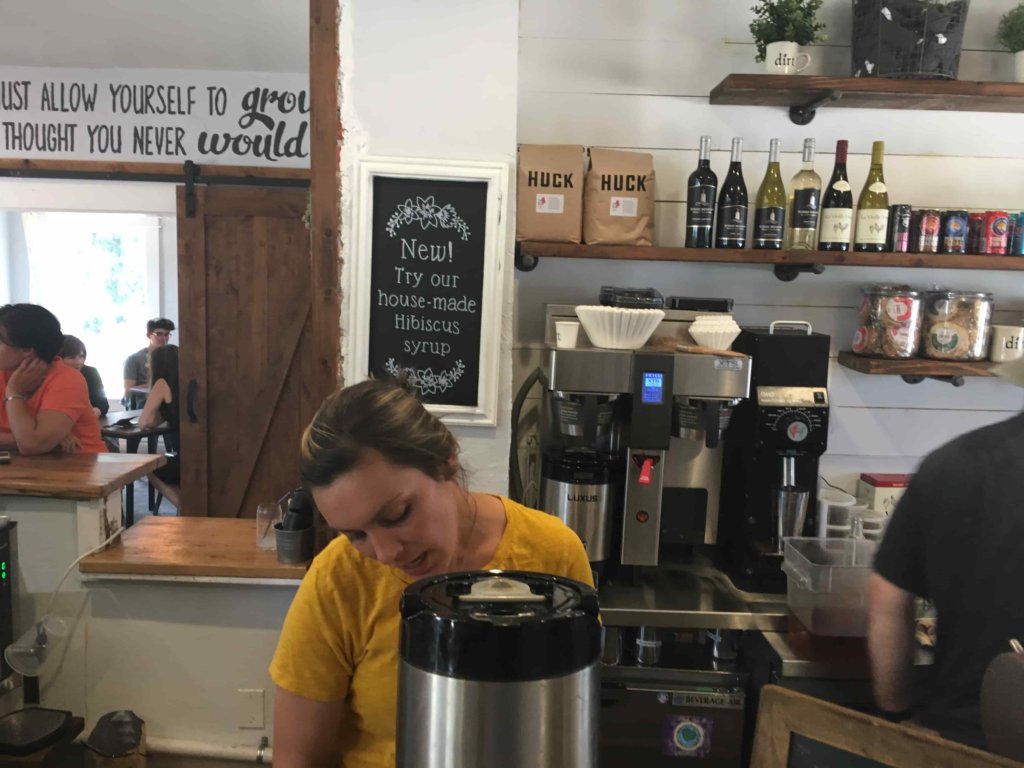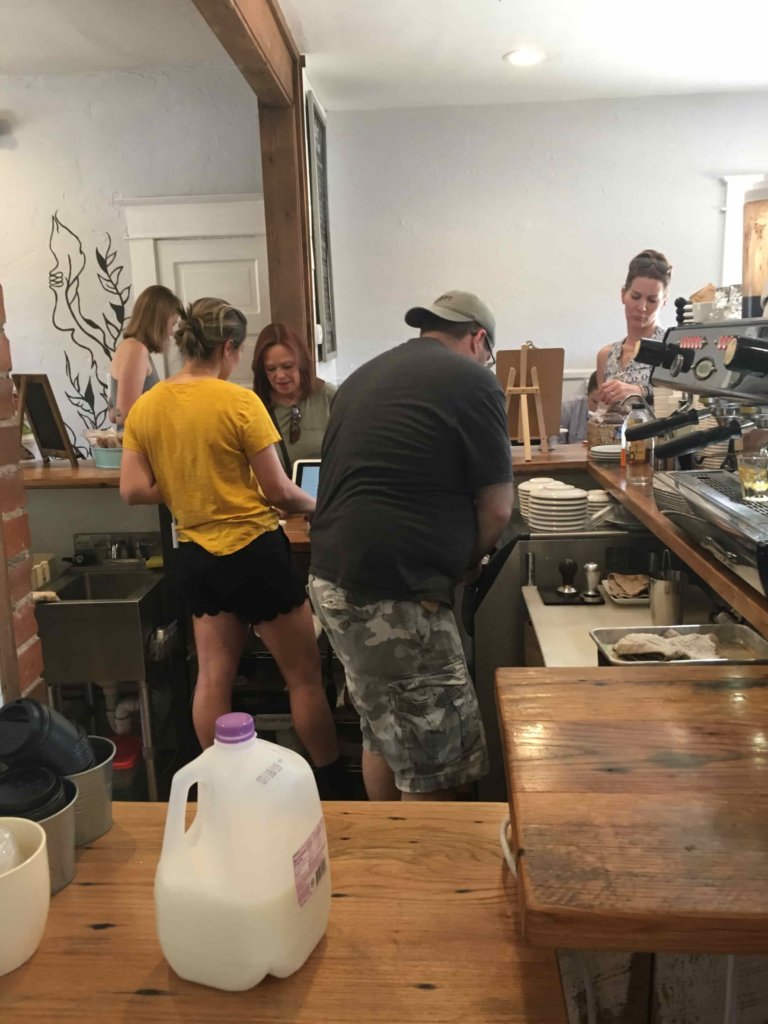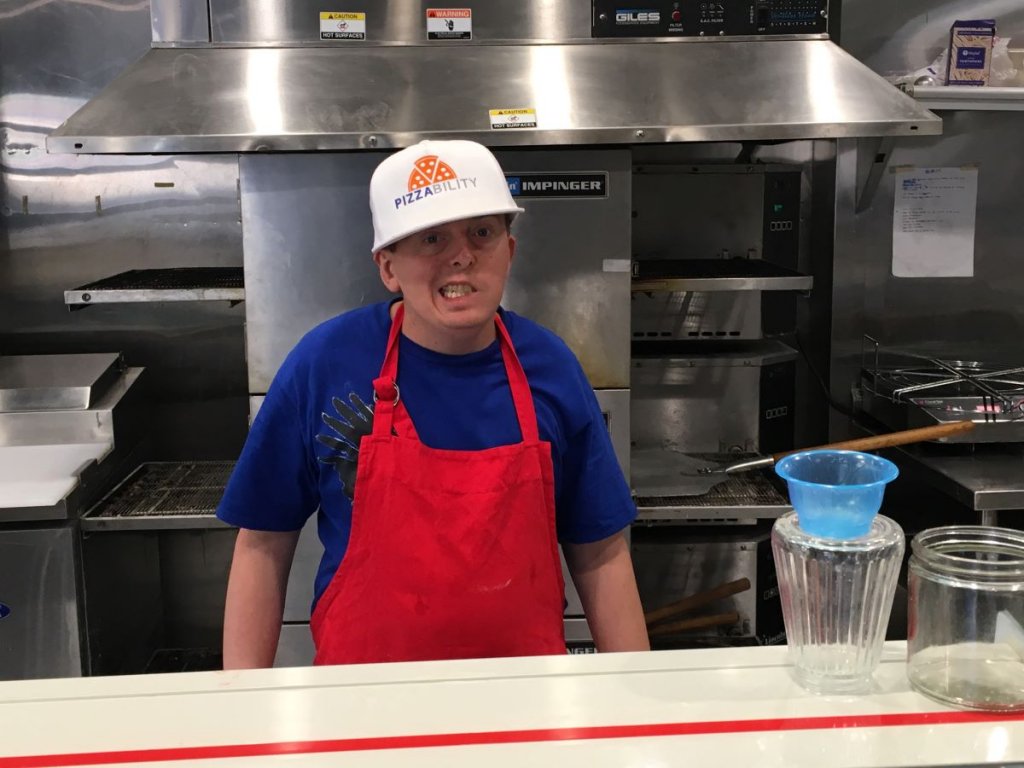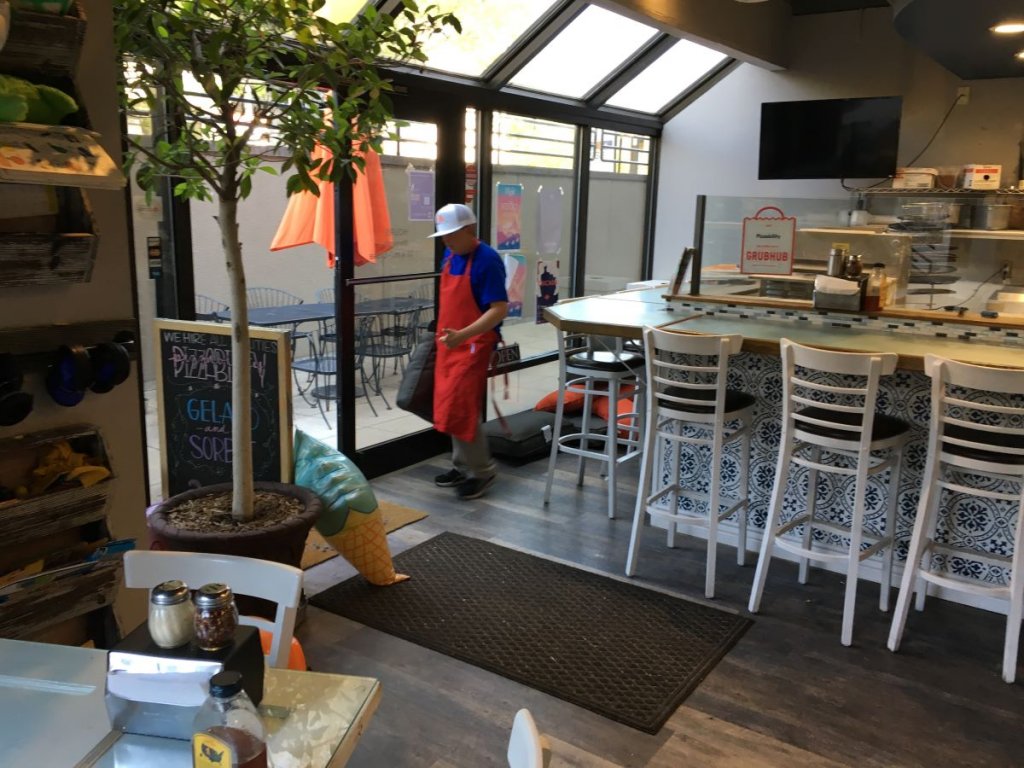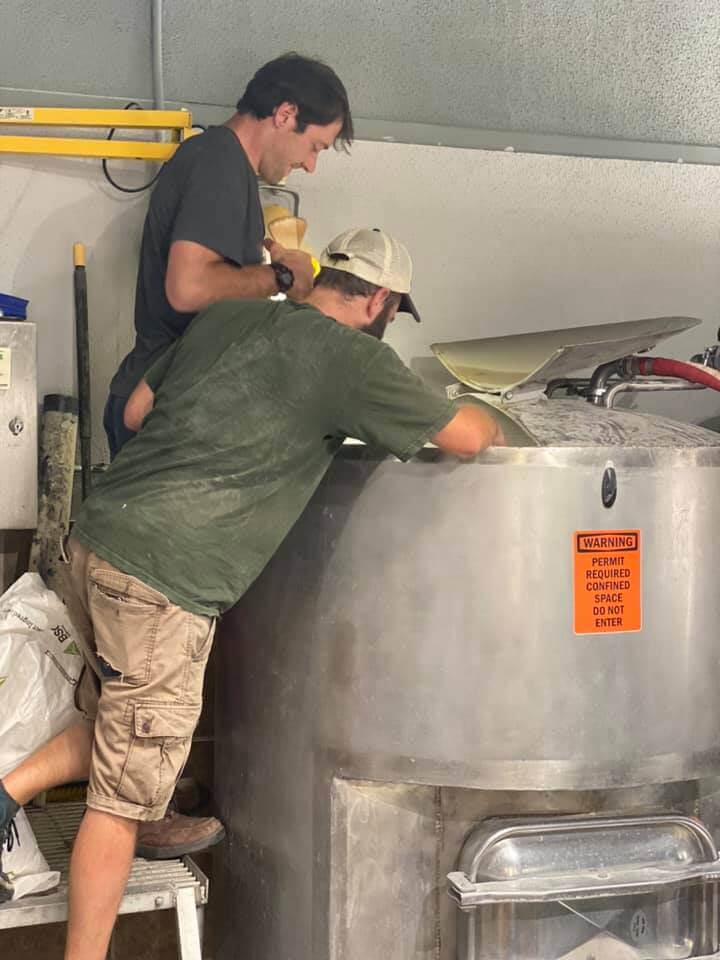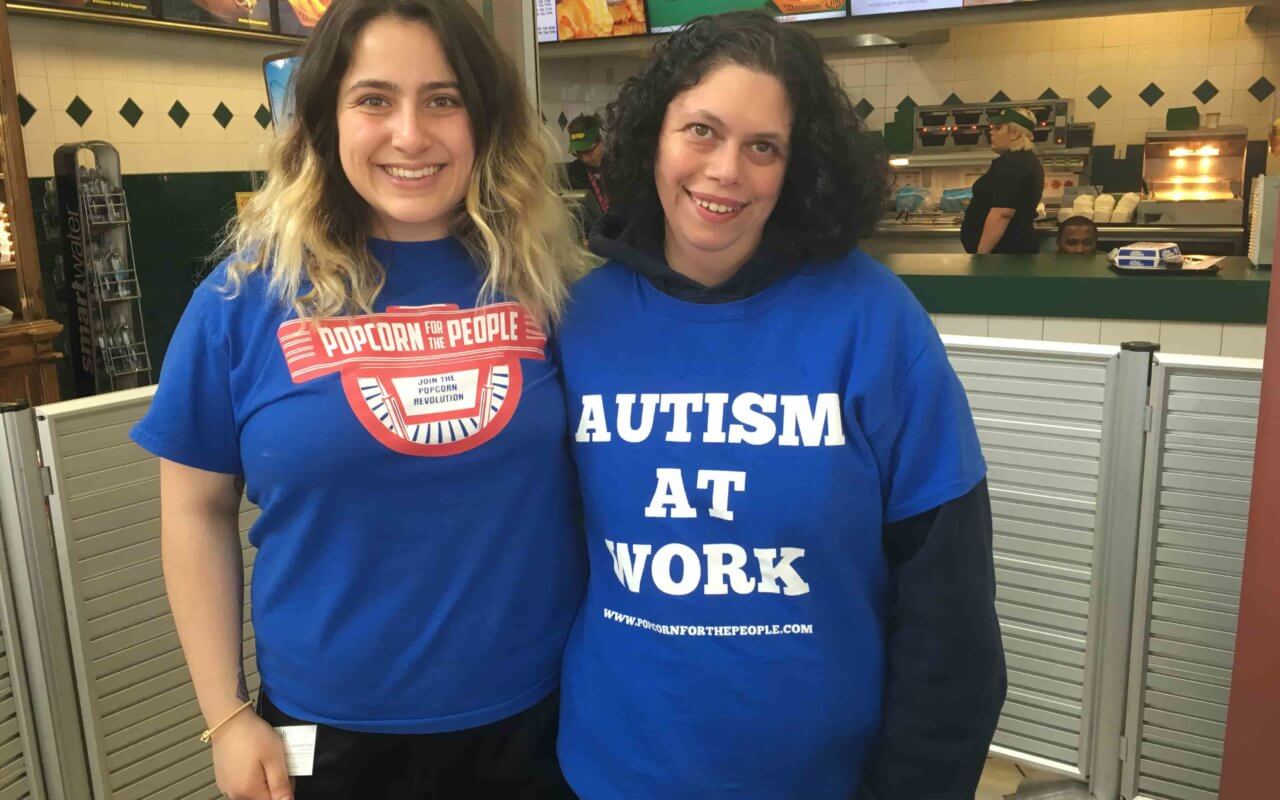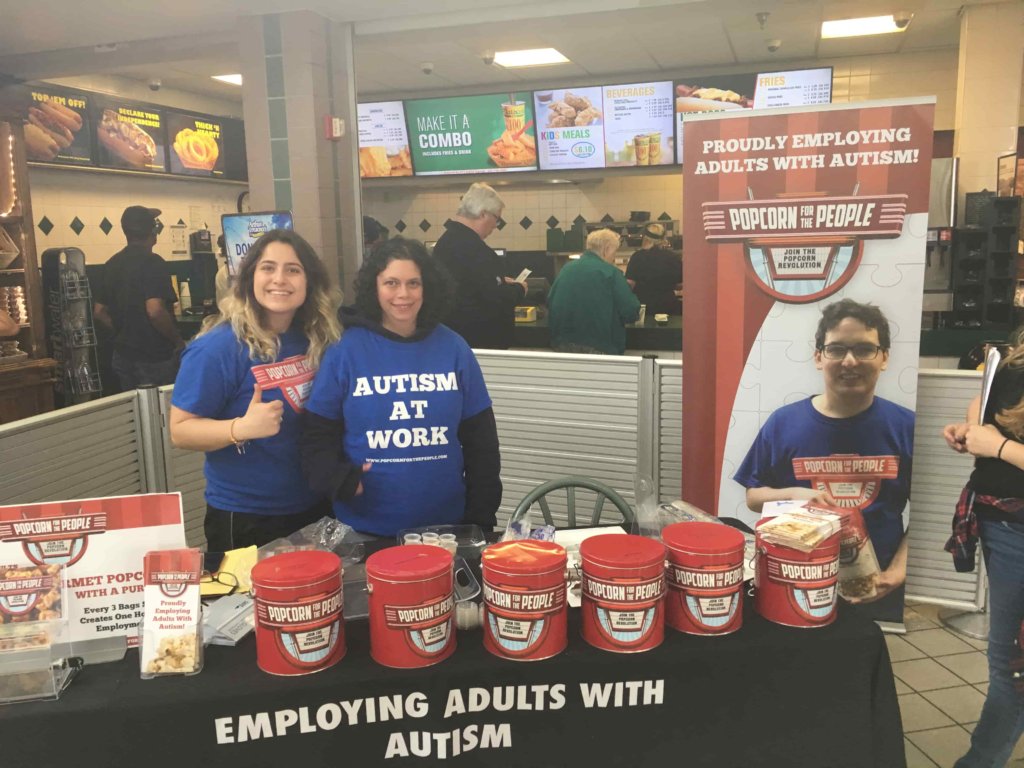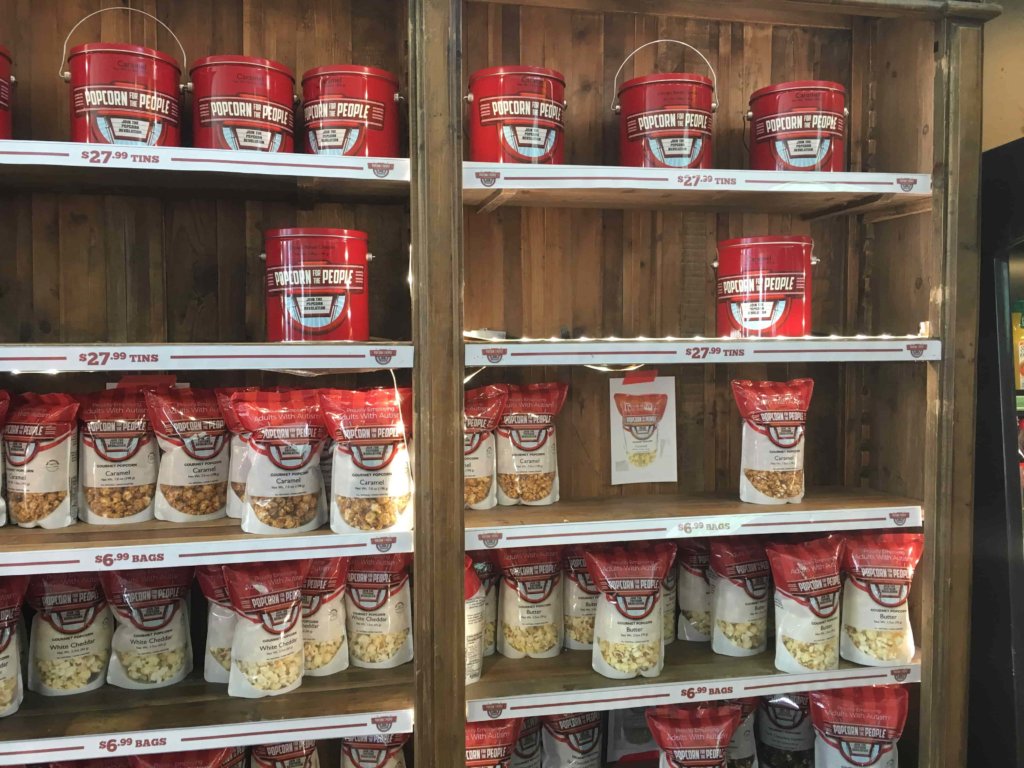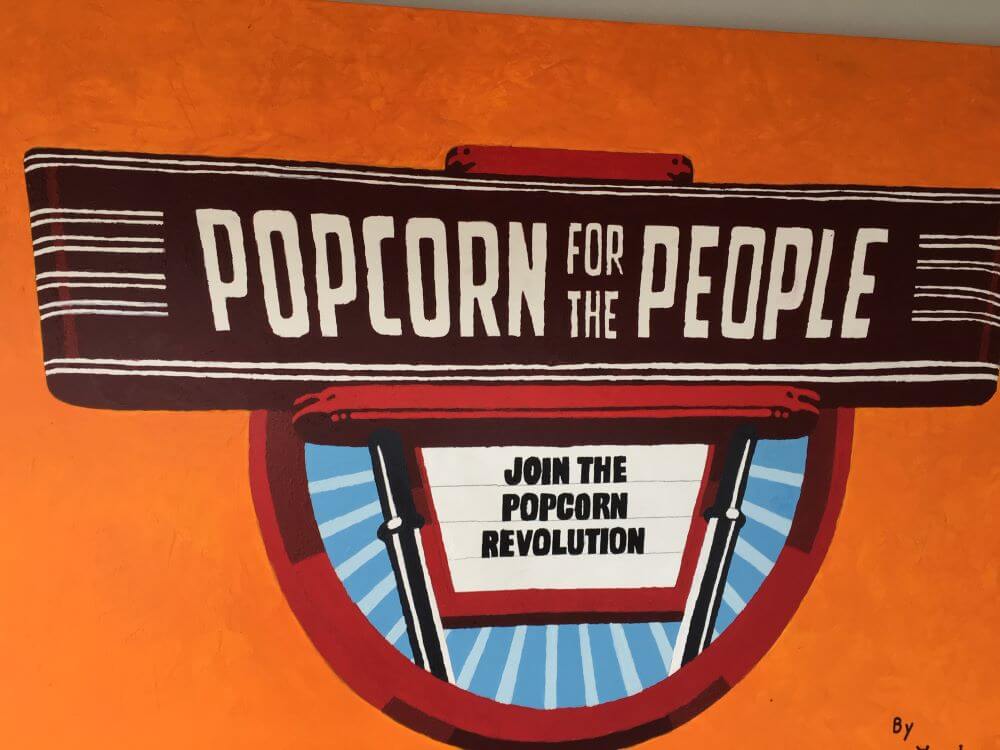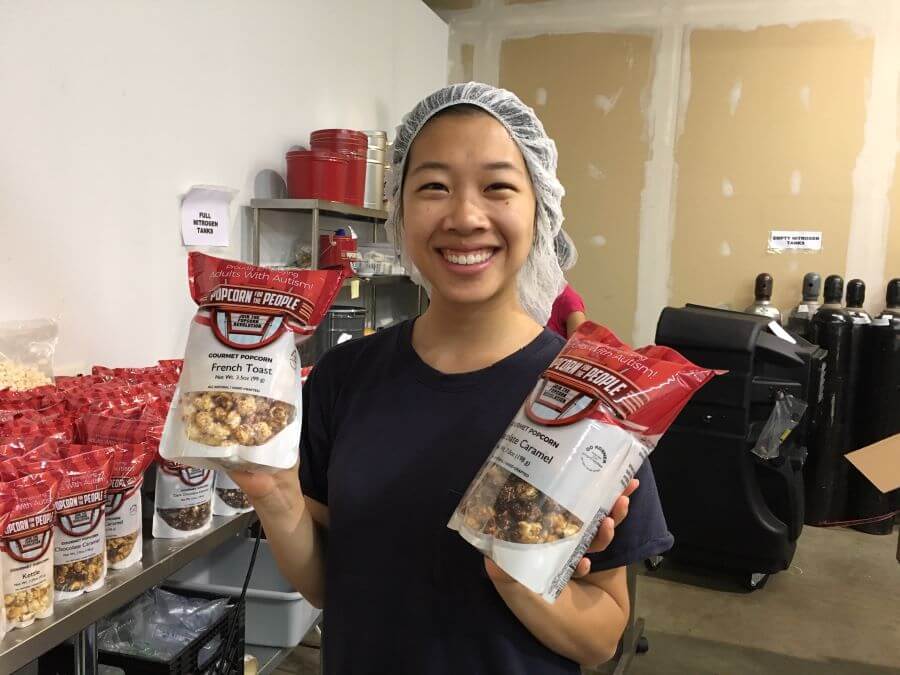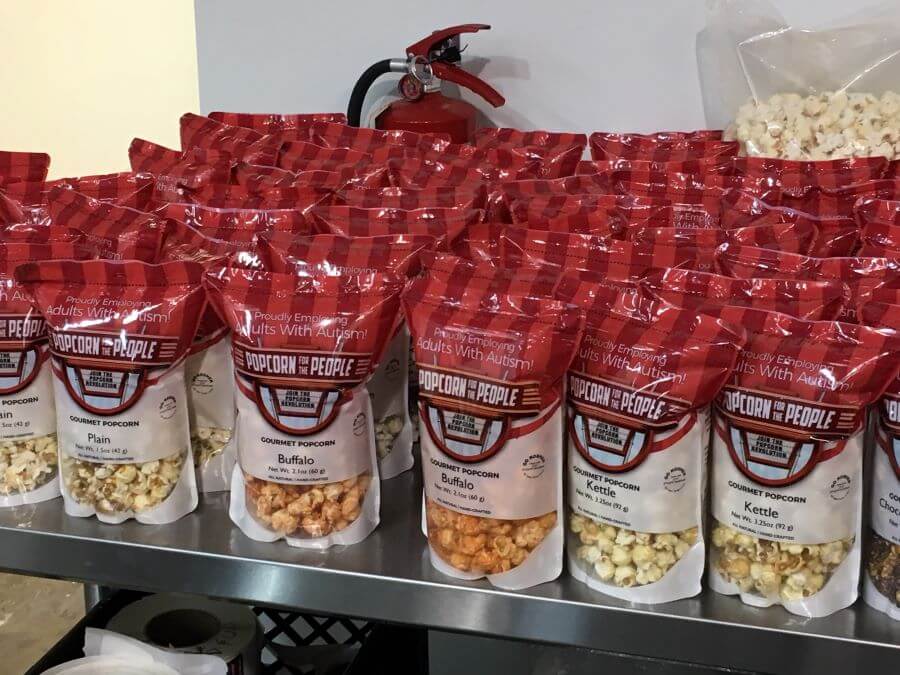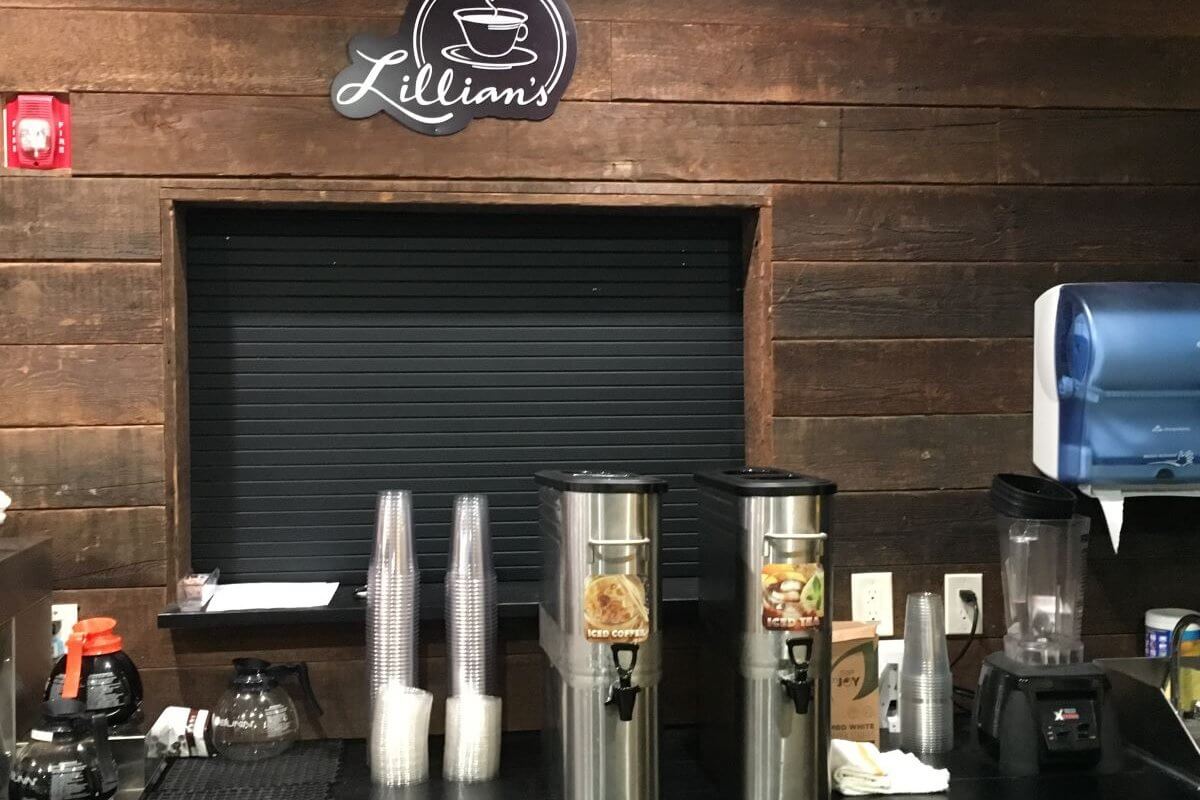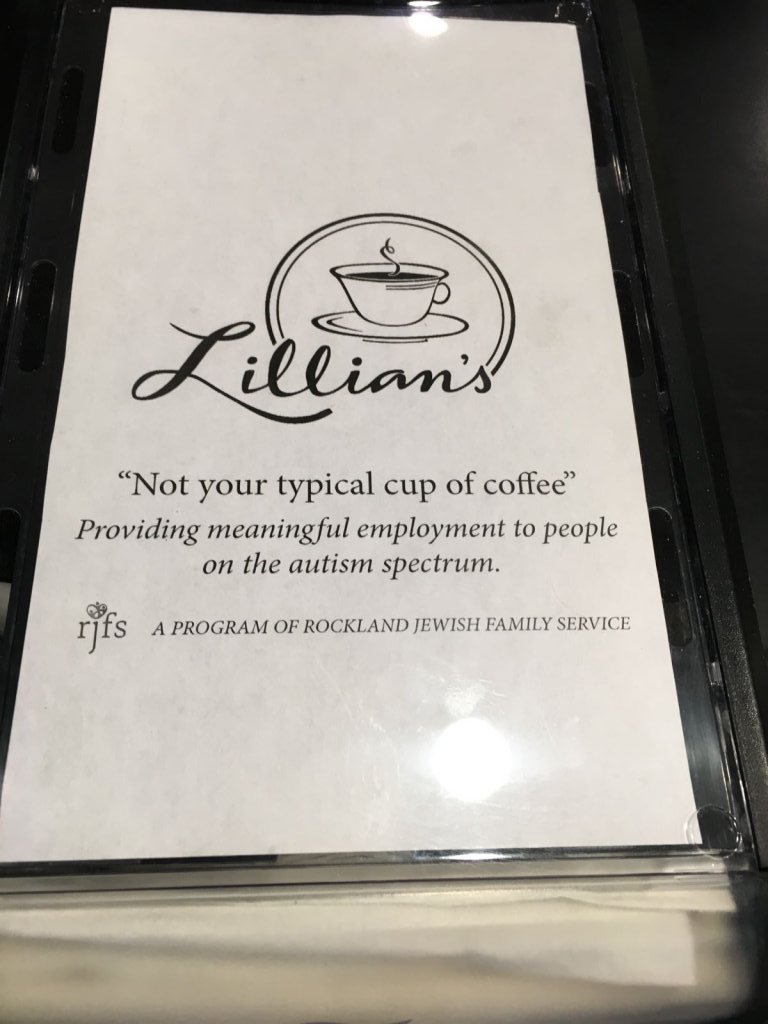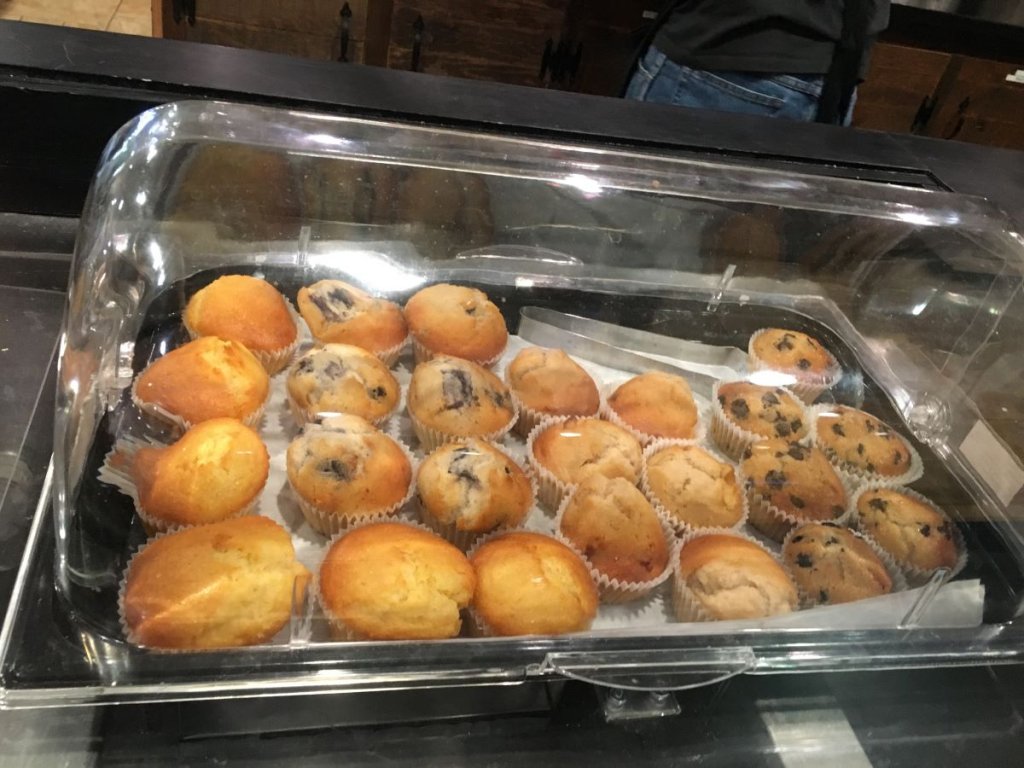5767 S. Rapp St.
Littleton, CO 80120
303-635-6674
https://www.dirtcoffee.org/
“Located in Downtown Littleton, Dirt is on a mission to bring you quality crafted coffee, food & drink while employing & empowering individuals with autism.”
From the Website:
Did you know that 90% of individuals with autism are either unemployed or underemployed? Founded with the idea that people with differences deserve better, Dirt’s mobile coffee truck hit the ground in 2013 on a mission to change minds and change lives one cup at a time. Since its inception, Dirt has trained and employed over 100 individuals with neurodiversities while providing over $40,000 in scholarships to families in need and their caregivers.
From the ground up, our shop goes further to cultivate a culture of acceptance, inclusion, and opportunity while empowering others to do the same. Are you in love yet? Dirt breaks the expectation that a good cause comes with a lack of quality. Our baristas are socially conscious and craft a damn good cup of coffee. What’s in the cup is great, but what’s beyond the cup is life changing.
The Visit:
I drove the 20 minutes south from Denver to Littleton and arrived at Dirt Coffee Bar, located in a quaint old house on a main street with the South Platte River out back. There is a lawn out front as well as a porch with very inviting chairs and some games– for customers to have a cup of coffee and a snack, to read or socialize, or to play a game. Inside, customers find good air-conditioning, an inclusive bathroom, souvenirs (hats, shirts, coffee cups, etc) for purchase, and friendly staff greeting customers. “Welcome to Dirt Coffee—I hope you enjoy whatever you order,” says an employee. “Can you set a timer—you may need to drain the hibiscus,” a job coach instructs an intern. “Iced latté—enjoy!” an employee tells a customer.
Dirt was founded six years ago by Lauren Burgess, the current Chair. Emily Wallace was kind enough to sit with me and share the history, mission and operation of Dirt. She explained that, six years ago, she and Lauren had identified a “huge need for employment for people with autism.” She noted that 90% of people with autism are either unemployed or underemployed. They had worked together at Garden, a Colorado based program “on a mission to cultivate inclusive opportunities for those with autism and neurodiversities to share, learn, grow and shine in this world just as they are.” According the website [https://gardenautism.org], “Garden provides exceptional services & programs for individuals of all ages and abilities. We offer a wide variety of one-to-one & group based programming for children, adolescents & adults year around. All of our programs are guided by the foundations of Applied Behavior Analysis (ABA) & are cultivated to meet the unique needs of each individual we serve.”
Wallace adds, “We needed a bigger space—and it was hard to convince people—we showed them!” In 2013, Dirt began as a coffee truck. “The community was so accepting and supportive!” In 2018, they took the “next step.” “Lauren found this place 2 or 3 blocks from the Light Rail Station,” which made it accessible for the employees. Dirt opened in May, 2018 and “has had neurodiverse employees from the start.”
Neurodiverse participants sample positions over a three-month paid internship period. They may learn to work the register, serve as barista, stock and unpack merchandise, or work as a bar back (bussing dishes, cleaning tables). During the internship period, the 10 interns have a fairly well-defined schedule broken down by month: in month one, their job coach is with them as they are set up for success. In month two, the interns pick an area of focus (of the four above) and choose goals. In month three, the coach steps back and observes from a more distant position, and the worker receives natural supports. Interns also learn such soft skills as hygiene and the importance of arriving on time for work. For most, Dirt is their first internship/training, and they go on to paid employment elsewhere. Thirty interns had completed the training program as of my July, 2019 visit. Currently, 100% of interns are neurodiverse and 30% of employees are neurodiverse.
The program is supported by sales, grants and fundraising. In addition, interns are funded through Voc rehab and Medicaid waivers. There is also a private pay option.
One very nice success story is Robby. His parents report, “We thought he’d live in our basement forever. He then started working full time at Goodwill and got his own apartment. He wasn’t happy with that job. He is now at Dirt and was recently Employee of the Year!
Lessons Learned/Challenges/Advice:
- Start small and expand (coffee truck was the first step; 5 years later, expansion to coffee shop).
- location, location, location!-by being close to the light rail, employees can get to work more easily, there is steady foot traffic along the main street location, and there is easy on street parking in front of the shop.
- Community support is essential
- Job skills and soft skills of the job are very important (arriving on time, being courteous to customers, etc).
- It is important to expose people to different jobs as “people often get stuck in a particular job”.
